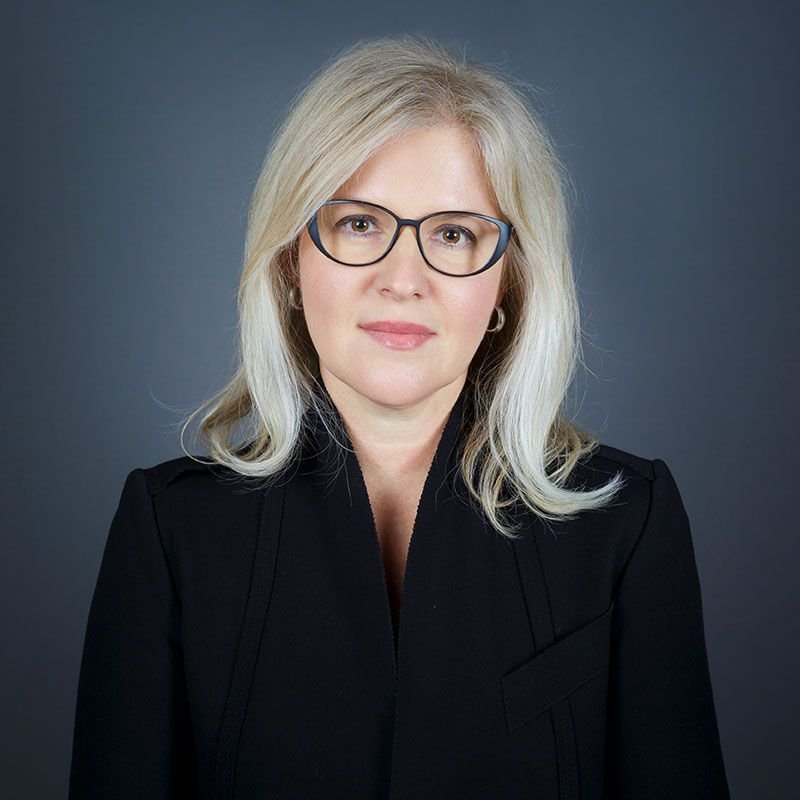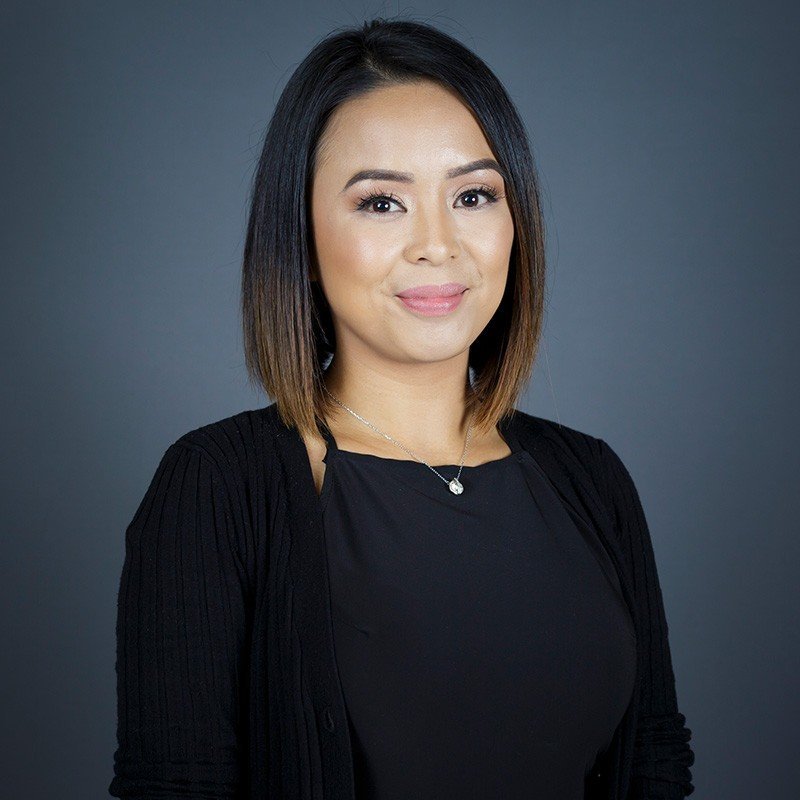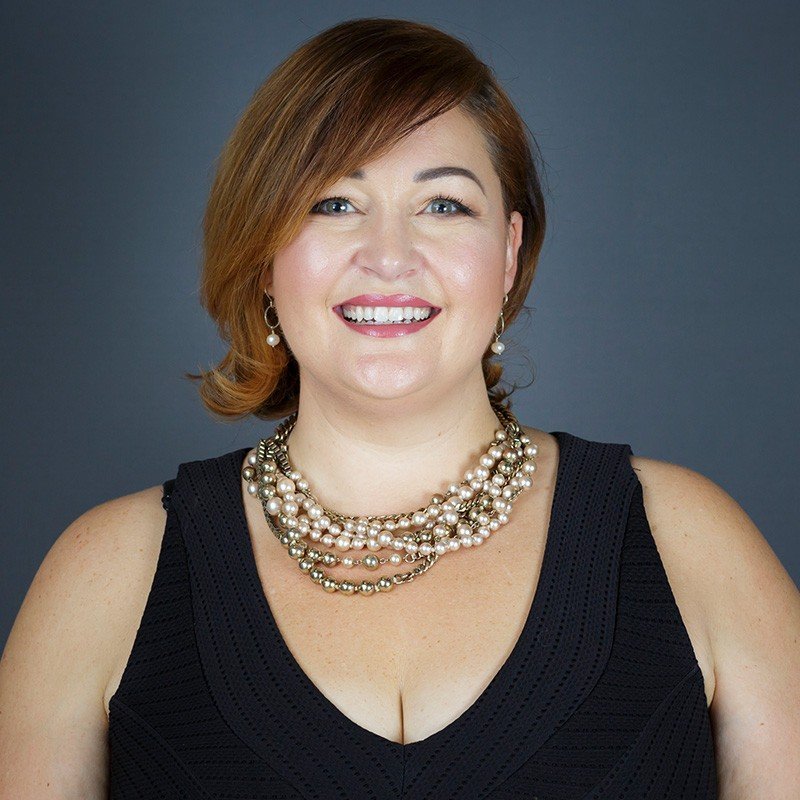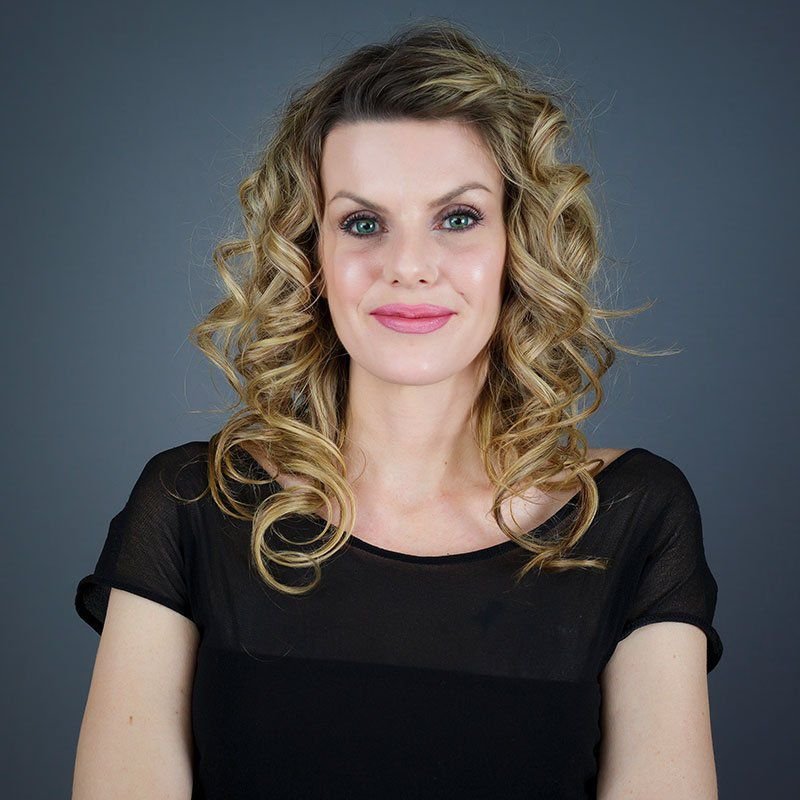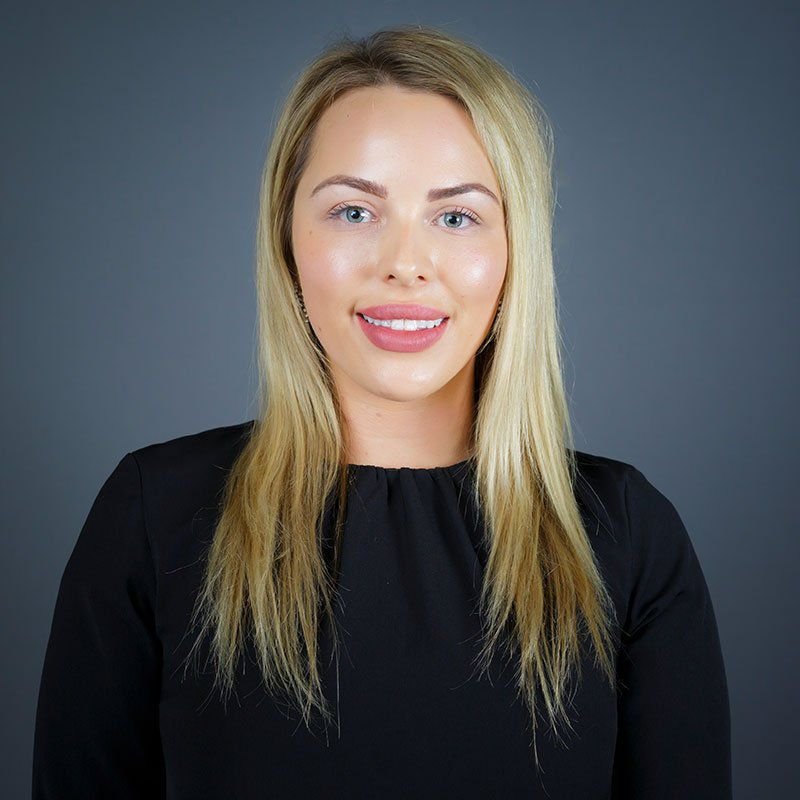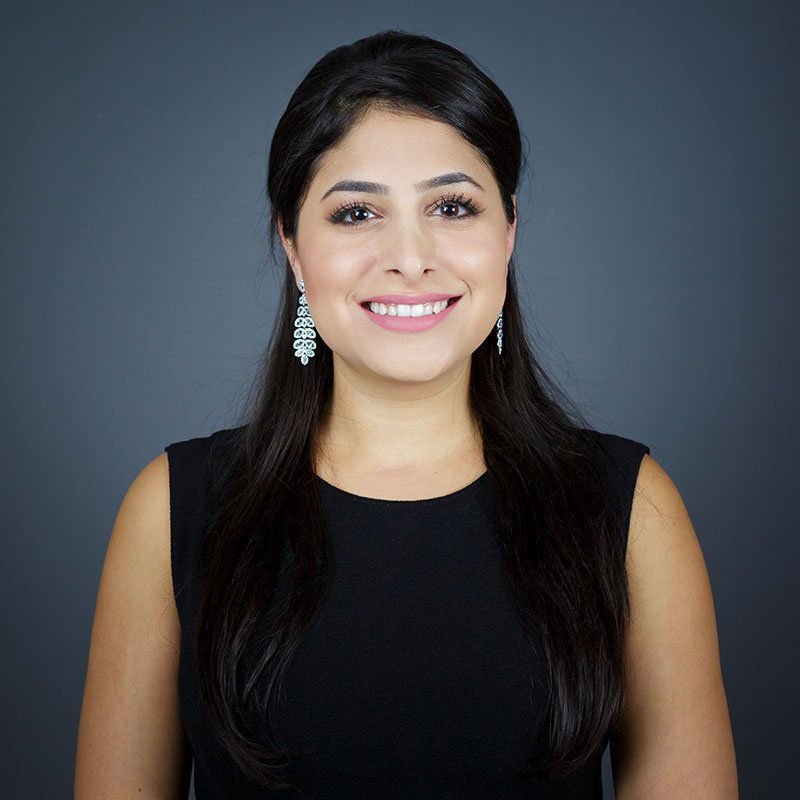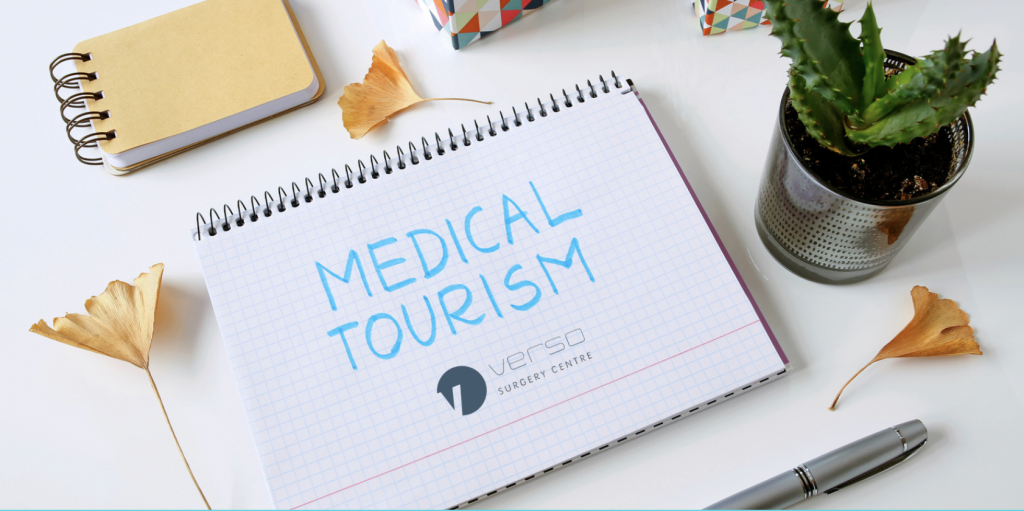
I was Quoted cheaper for my surgery abroad
With millions in Canada and the US travelling abroad for their cosmetic procedures, we’re often bombarded with cosmetic horror stories. Medical tourism is when an individual travels to another country for medical care. Despite all these warnings, there are many motivating factors for so many men and women to go abroad such as:
- Unavailable or unapproved services or procedures: Some patients find their desired procedure may have a longer waitlist than expected/desired or the procedure is simply not approved in their native country. For example, in the state of Florida, regulations limit fat removal to 4 liters (8.8 pounds) (Bain, 2019). If you are having another surgical procedure, like tummy tuck, only 1 liter of fat) can be removed. In the Dominican Republic however, the limit of removal is 5 litres.
- Cost: Many countries statistically dictate lower costs of labor, favorable exchange rates, lower governmental taxes, lower real estate values, cheaper medical supplies/equipment/medications, etc., that often contribute to medical and cosmetic procedures being a fraction of the price than those in their home country.
- Peer influence: Word of mouth, and peer influence can play a significant role when selecting surgeons and surgery care providers. Some may find that they are more likely to go to a surgeon based on recommendation, regardless of where they are located.
- Social Media: Many look to social media platforms such as Instagram to dictate, and validate a surgeon’s experience & work. Images however can be edited and manipulated and often don’t completely give you a complete overview of the practice, recovery, etc.
- Doubling up procedures: Some individuals prefer to find an “all-in-one” surgical approach, meaning having multiple procedures done at once. Although this can be possible with some procedures such as rhinoplasty and lip lift, others such as maybe double jaw surgery and rhinoplasty may not always be as endorsed. Patients may opt to find clinics that have multiple surgeons with different specializations that offer a “one-stop-shop” solution to have multiple procedures done at once. There is often a cost advantage as some clinics offer discounts for multiple procedures.
- Medical Clearance: Some patients may find that there is a BMI limit for many surgeons and find more flexibility abroad. Others may have past or present underlying conditions that make them a higher risk for surgery and not an ideal candidate for surgeons in their home country. They may find some doctors abroad are more willing to take on riskier candidates who are deemed of high risk in their home countries.
Is it really worth the price.
What Makes Medical Tourism So Risky?
Your risk of complications can depend on the destination, the facility where the procedure is being performed, and whether you are in the good physical and psychological condition for the procedure(s). Asides from mortality, other factors that can increase your risk of complications include:
- Infectious Disease
- Antibiotic resistance
- Quality of Care
- Communication challenges
- Air Travel
- Continuity of Care
From the risk of disease and infection to an increased risk for blood clots associated with changes in atmospheric pressure during air travel there’s an array of things individuals need to keep into consideration when travelling for cosmetic procedures (Tarver, 2019). In fact, the US travel advisory site has put out the following information as a disclaimer in regard to medical tourism and elective surgery in the Dominican Republic, a popular destination for those seeking plastic surgery abroad:
U.S. citizens have suffered serious complications or died during or after having cosmetic or other elective surgery.
If you are considering travel to the Dominican Republic for cosmetic surgery, be mindful of the following:
- Have a medical evaluation from a U.S. doctor to determine if you are a good candidate for surgery.
- Before travel, carefully research the doctor (e.g., qualifications, experience performing the surgery, complication rate) and credentials of the recovery facility you plan to use.
- Share all health information (e.g., medical conditions, medications, allergies) with your doctor before your surgery.
- Obtain international travel insurance that covers medical evacuation back to the United States and repatriation of remains. For more information, see: https://wwwnc.cdc.gov/travel/page/insurance.
- See a travel medicine professional in the United States at least 4–6 weeks before your trip to discuss healthy travel and to learn about specific risks related to your surgery and travel. For more information on the risks of medical tourism, see: https://wwwnc.cdc.gov/travel/page/medical-tourism.
- Your legal options in case of malpractice are very limited in the Dominican Republic.
The Canadian federal government warns citizens of the different standards of health and emphasizes that Canadians who choose to receive medical care abroad are “on your own if you decide to do so.”
Several women, such MacDougall (alias for anonymity), a Canadian woman who travelled to the Dominican Republic for a butt lift are raising awareness after their cosmetic procedures were botched, leaving them with dangerous infections, and lifelong scars (Ho, 2019).
MacDougall was diagnosed with a drug-resistant mycobacteria, contracted from non-sterile equipment and contaminated water supplies at the Dominican Republic clinic where she had the surgery. Doctors at a Toronto area hospital were forced to remove the infected tissue from her belly as part of her treatment. “When I removed the bandages, I had a hole in my stomach probably the size of my fist. I could fit my fist through it. It was bad;” said MacDougall.
Cosmetic surgery rates abroad are rapidly increasing and under-regulated worldwide. So, what do we advise patients and those doing their research? Ask questions, request consultations, review testimonials and unbiased platforms that allow previous patients to share the experience. There is no such thing as too much research and being too careful. When choosing a surgeon, it is vital to ensure that your surgeon is a trained and certified professional in their field and country of practice. Cheaper is not always better.
Why are the prices higher at our Canadian clinic? Each patient is different, their desired results, & their surgical journey is unique per patient. Starting with your consultation to the operating room and recovery room, our clinic is stacked with a team of accredited professionals, who ensure your safety as their utmost priority. Surgeons, like Dr. Kolenda, who are not only trained to perform plastic surgery to the highest degree of standards, also have practices in place to promote patient safety such as infectious disease control mandates regulated by our on staff infection control nurse who performs regular spot checks to our Ondine treatments. All these factors come into play when regulating our price structure, and you can’t put a price on safety.
Bain, Jacqueline. “Upcoming Changes to Liposuction Law in Florida.” Florida Healthcare Law Firm, 24 July 2019, https://www.floridahealthcarelawfirm.com/performing-liposuction-law-florida/.
Solarina, Ho. “Canadians sound alarm on dangers of cheap plastic surgery abroad.”, CTV News <https://www.ctvnews.ca/health/canadians-sound-alarm-on-dangers-of-cheap-plastic-surgery-abroad-1.4533782> [Accessed 18 March 2022].
Tarver, William, et al. “Aerospace Pressure Effects.” StatPearls, 3 October 2021, https://www.ncbi.nlm.nih.gov/books/NBK470190/.


